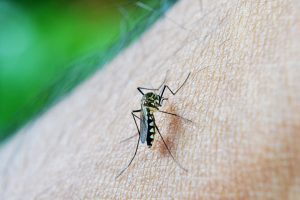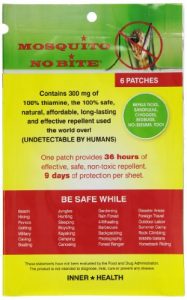Lately, there has been a lot of talk about Zika virus. It caused a global concern when it was diagnosed in United States in 2005. The virus is one of the most dreaded viruses because of complications associated with infection by it, especially to pregnant mothers. Until recently when CDC issued a warning, many people had no idea of how serious this infection was. It is important to know all about Zika virus to stay safe and avoid complications associated with the infection.

What Is Zika Virus?
Initially identified in Uganda in 1947, Zika virus is a viral organism transmitted by daytime active Aedes mosquitoes. These same mosquito species cause yellow fever, chikungunya, dengue fever, West Nile virus and Japanese encephalitis. The virus was identified in rhesus monkeys from Zika forest in Uganda. The infection by this virus is referred to as Zika fever or Zika virus disease. The infection is also transmitted sexually via oral and vaginal intercourse.
Since its identification, the virus has caused outbreaks in parts of Africa, Asia and the Pacific. In 2005, an outbreak of the infection was reported in the Americas causing serious health concerns. According to the Centers for Disease Control (CDC), one in five people infected by the virus actually become sick.
The infection can also be transmitted to your unborn child. This may happen when you travel to Zika prone areas. Mothers who are infected during pregnancy can give birth to babies with abnormally small heads, a condition referred to as microcephaly. Microcephaly can cause developmental abnormalities and at times early death of the infant.
How To Know You Are Infected
The best way to know you got Zika viral is to check out for certain symptoms. According to health experts, the virus causes flu-like symptoms such as fever, headache, muscle and joint pain, skin rashes and pink eyes (conjunctivitis). The symptoms are usually mild and resolve in about two to seven days. In most cases, however, the infection does not cause any symptoms.
If you develop the above symptoms, especially after visiting any of the areas where Zika virus is of concern, you should see your doctor immediately to confirm via blood tests and other diagnostic procedures whether you are infected.
Related Products


Leave a Reply